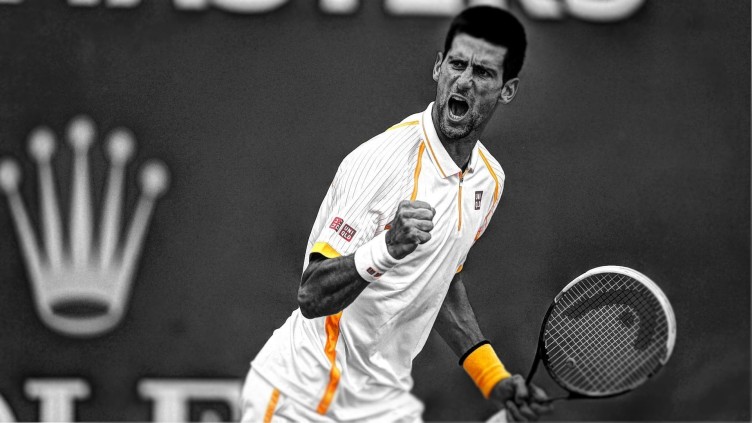Trying to communicate to create connection, alignment, and action? Here’s a fantastic example from an attendee at one of our GENIUS Business Storytelling workshops who identified two important messages he wanted to communicate and used two versions of a story to do just that in a memorable way.
Both versions began with the following:
At the September 2020 US Open, Novak Djokovic was on his path to a 30-match winning streak and bid for an 18th Grand Slam title.
As he walked to the Arthur Ashe Stadium side-line for a changeover, trailing Pablo Carreño Busta 6-5 in the first set, Djokovic – who was seeded and ranked No. 1 and an overwhelming favourite for the championship – angrily smacked a ball behind him. The ball flew right at the line judge, who dropped to her knees at the back of the court and reached for her neck.
Djokovic pleaded his case saying that he didn’t hit the line umpire intentionally. He said, ‘Yes, I was angry. I hit the ball. I hit the line umpire. The facts are very clear. But it wasn’t my intent. I didn’t do it on purpose.’ So he said he shouldn’t be defaulted for it.
The chair umpire thought otherwise, and Djokovic was swiftly disqualified.
Ending Version 1– Djokovic Moments
The US Tennis Association issued a statement saying that Djokovic was defaulted “in accordance with the Grand Slam rulebook, following his actions of intentionally hitting a ball dangerously or recklessly within the court or hitting a ball with negligent disregard of the consequences.”
I’m sharing this with you because we have all experienced “the Djokovic moment” where we’ve unintentionally said something, unintentionally sent that email, or unintentionally reacted a certain way.
We’re often busy and under pressure and we need to be mindful that our unintentional actions can sometime have disastrous consequences. Let’s all watch out for those regrettable “Djokovic moments”.
Ending Version 2 – Djokovic Recovery
To Djokovic’s credit, he later issued a statement saying, “As for the disqualification, I need to go back within and work on my disappointment and turn this all into a lesson for my growth and evolution as a player and human being,” he wrote. “I apologize to the @usopen tournament and everyone associated for my behaviour.”
I’m sharing this with you because we have all acted irrationally and unintentionally, like Djokovic, when under pressure either at home or at work.
However, like Djokovic, we can quickly recover by acknowledging our mistakes and applying our growth mindset to turn our mistakes into a lesson for our own growth and evolution.
How much more memorable and impactful are these messages shared with storytelling skills rather than a ‘just do it’ approach? If you would like to learn the art, science, and skills of strategic business communication using storytelling I’m here for you and your teams!
